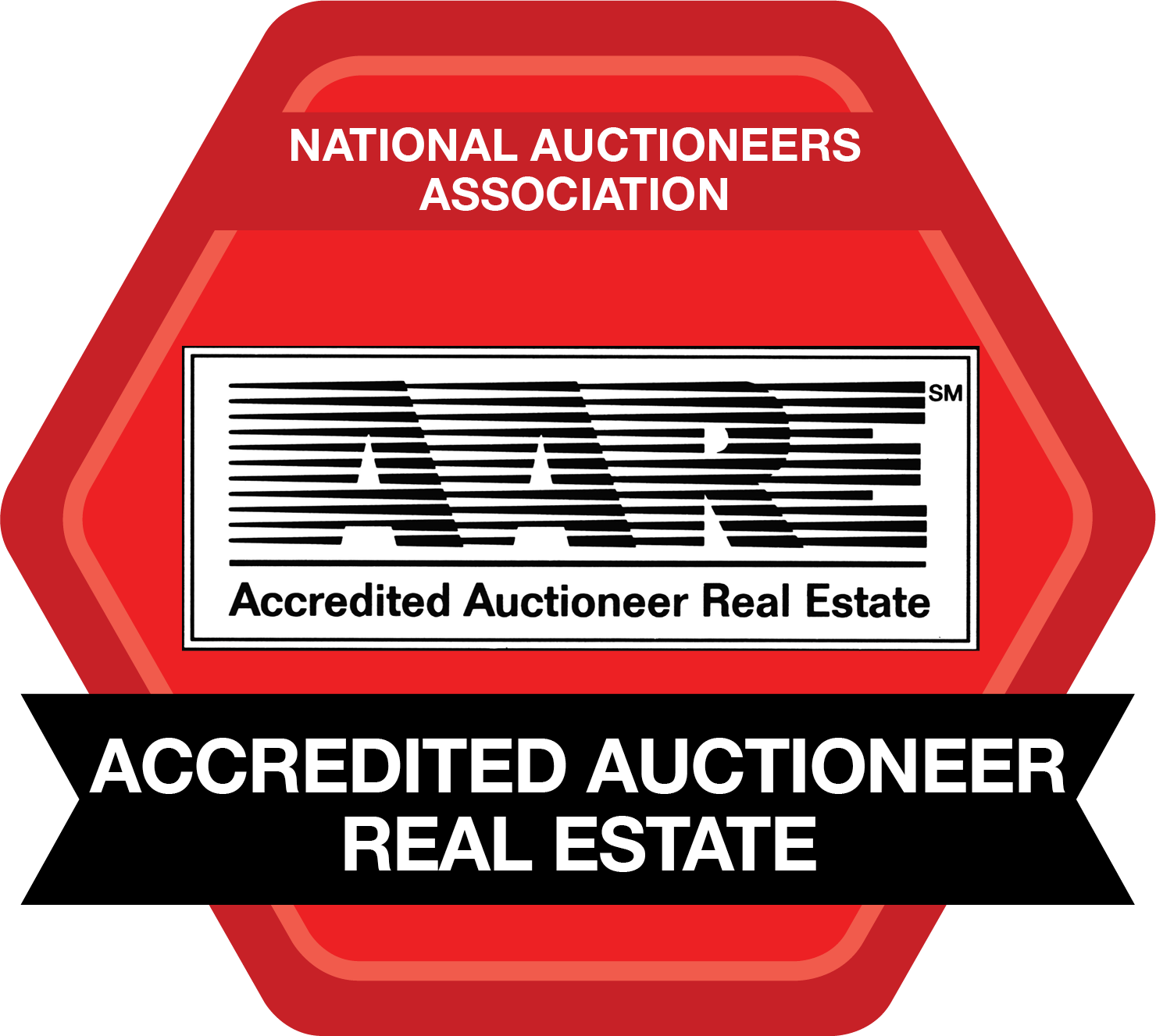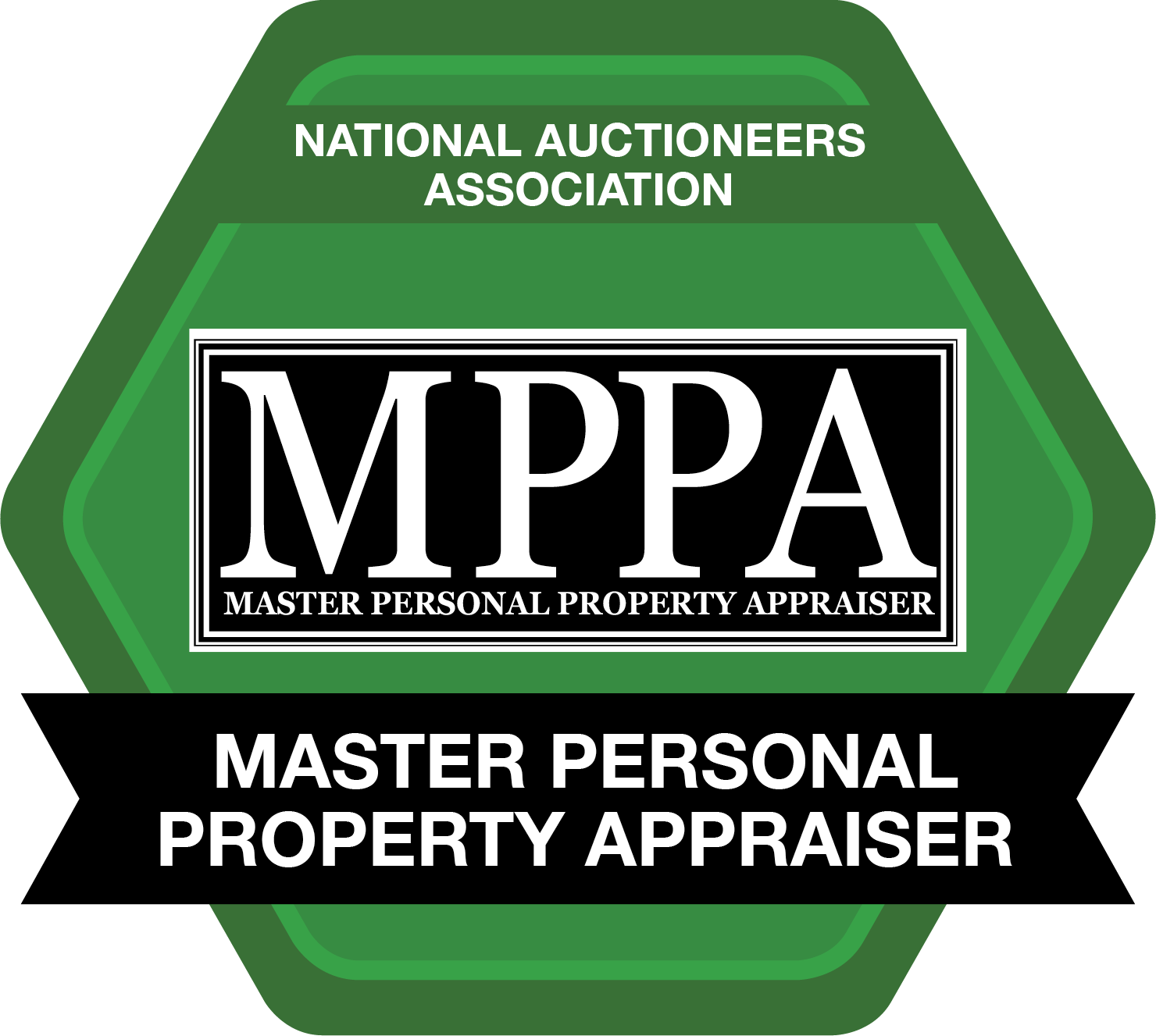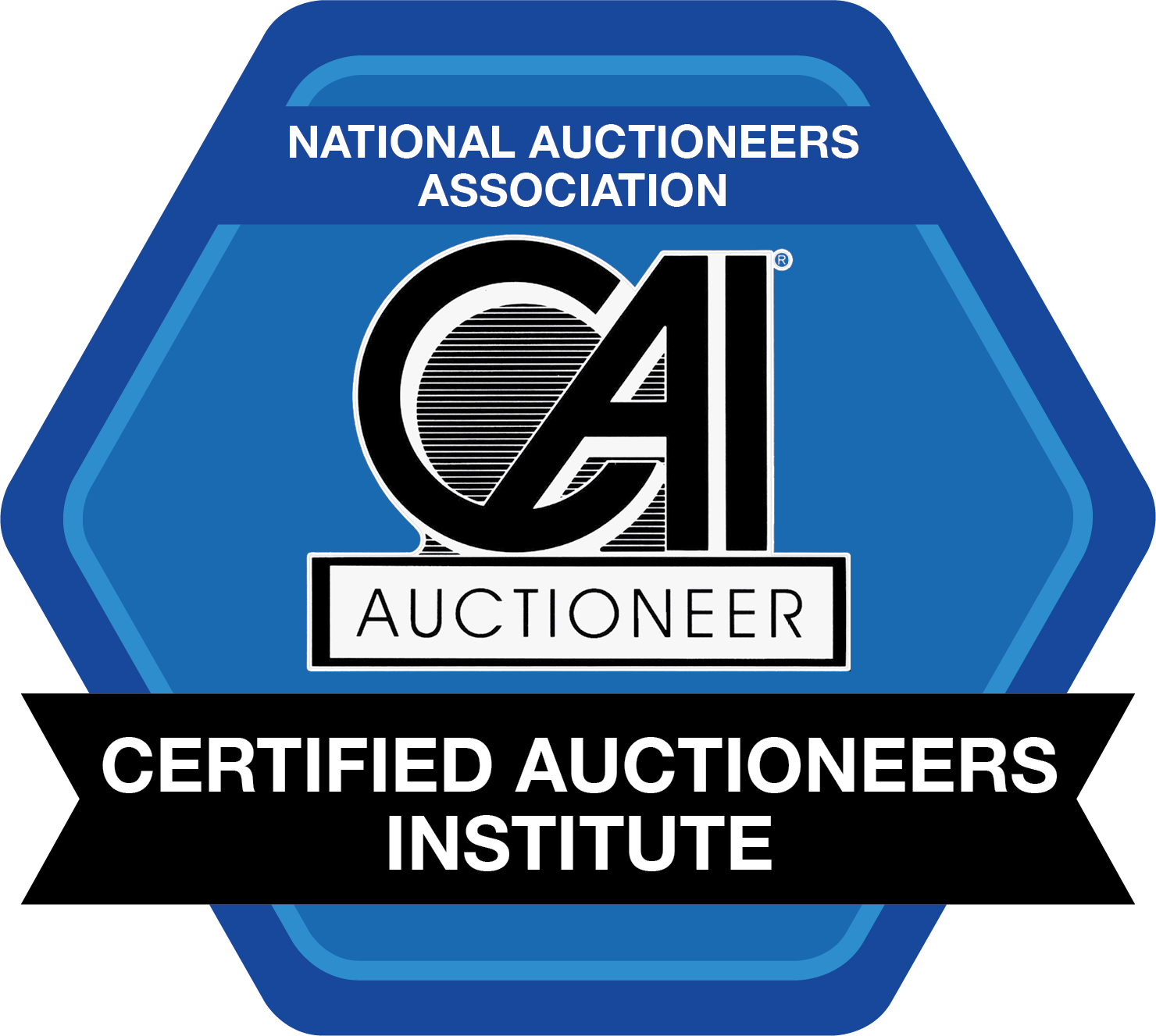This is a sad thing to think about, much less talk about. If your loved one is elderly or is ill, do you know if their affairs are in order? This is an important question to answer now, while they are still capable of making decisions and communicating their wishes.
While we regularly work with clients who are in the midst of dealing with their own or a loved one’s life transition or estate settlement, we recently went through this personally. Our father/father-in-law went into the hospital, and over the course of his stay, suddenly became increasingly ill and passed away.
When he entered the hospital, we “took inventory” of what paperwork was and was not yet in place and moved quickly to close the few gaps even we identified. This was important because we feared that he might eventually become incapacitated and would not be able to make important decisions and sign critical paperwork.
We found that our past conversations with certain professionals – such as an elder law attorney, a financial advisor and a senior care manager – as well as research we did on our own, were invaluable. They enabled us to know what things needed to be addressed, and to prepare as much as we could in advance. Had we not prepared in advance, it would certainly have made this sad situation even more logistically horrifying and immensely difficult.
While we are not in a position to offer legal or financial guidance or advice, some of the things that we found most helpful follow in this blog. Our advice to you is to prepare in advance. Select and consult with professionals who specialize in this type of advance planning.
Authority to Act on Behalf of Your Loved One
- Presence of a health care directive/living will and health care proxy
- Permissions for healthcare providers and insurance companies to speak with designated family member(s)
- Power of Attorney
- Signing authority on bank and other financial accounts
- A designated Personal Representative (formerly known as Executor)
Personal Records
- Full legal name
- Social Security number
- Legal residence
- Date and place of birth
- Names and addresses of spouse and children
- Location of birth and death certificates and certificates of marriage, divorce, citizenship, and adoption
- Employers and dates of employment
- Education and military records
- Names and phone numbers of clergy at church, temple or other religious organization
- Memberships in groups
- Names and phone numbers of close friends and relatives
- Names and contact information for doctors, lawyers, financial advisors and other professionals
- Medications taken regularly
- Location of living will and other legal documents
- Passwords – to computer, online accounts, email
Financial Records
- Sources of income and assets (pension from your employer, IRAs, 401(k)s, interest, etc.)
- Social Security and Medicare/Medicaid information
- Insurance information (life, health, long-term care, home, car) with policy numbers and agents’ names and phone numbers
- Names of banks and account numbers (checking, savings, credit union)
- Investment income (stocks, bonds, property) and financial advisors’ names and phone numbers
- Copy of most recent income tax return(s)
- Location of most up-to-date last will and testament with an original signature
- Liabilities, including property tax and other regular bills — what is owed, to whom, and when payments are due
- Mortgages and other debts—lenders, account numbers, contact information, how and when they are paid
- (Location of) Original deed(s) for home(s)
- Car titles and registrations
- Credit and debit cards – bank names and account numbers
- Location of safety deposit box and key
- Location of and combination to safe
Get Organized in Advance
From our own personal experience, it is advantageous to try to get as organized as possible as soon as possible – in advance of a crisis. To whatever extent you can help your loved one get their paperwork assembled, organized and kept together – in one safe place at home (such as a safe or locked file cabinet), with a copy at a trusted person’s office or in a safety deposit box – the simpler things will be when you need to access this information. It is also important that one or two trusted people know where this information is kept, as well as how to access this information (safe combination, key to safety deposit box and/or file cabinet, etc.). We hope you have found this information useful and actionable, and that it will help you and your loved ones become better prepared for what the future will (unfortunately) eventually bring.









